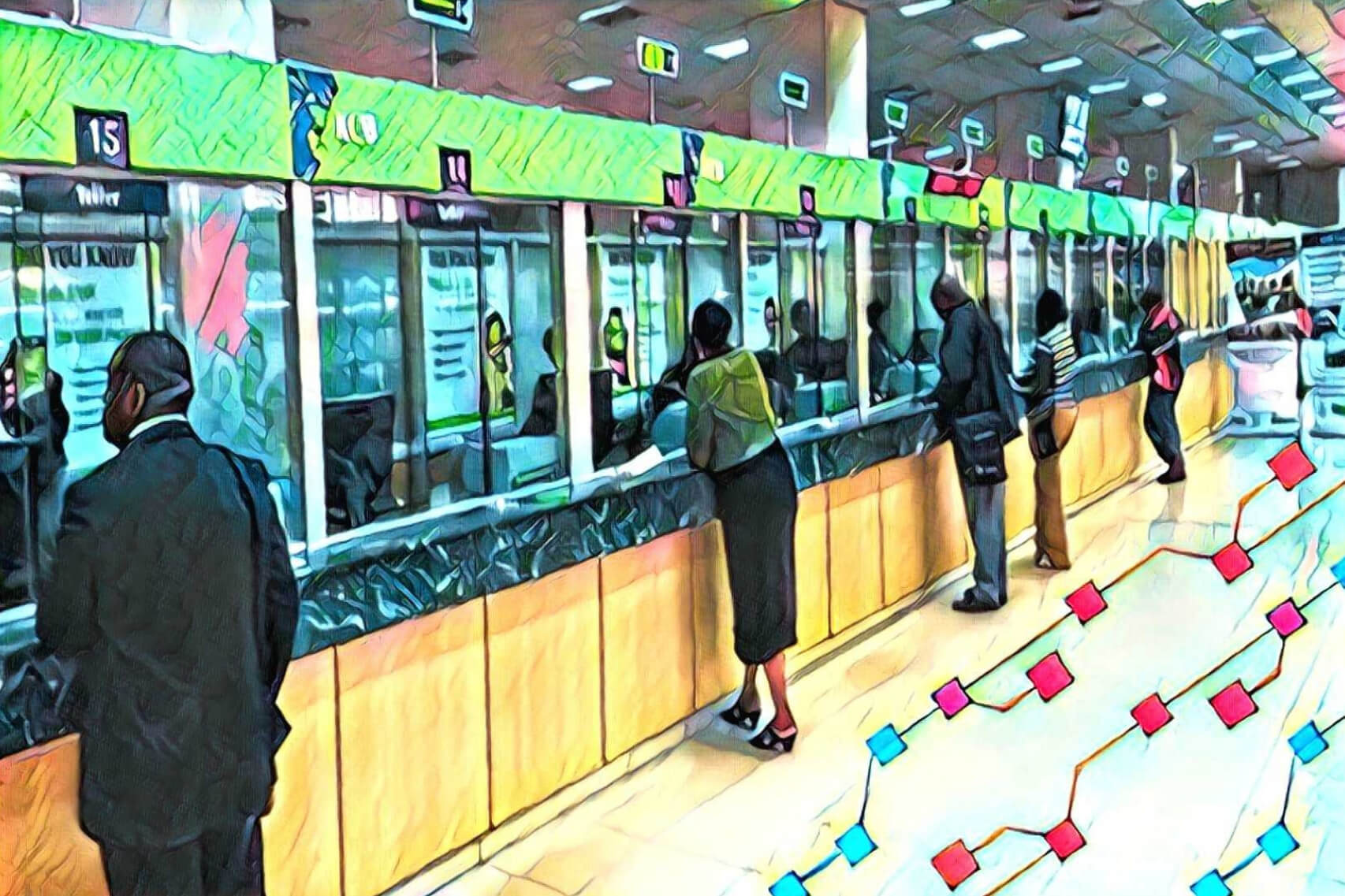Bloomberg reports that crypto companies in countries across the world have been experiencing several problems with operating their businesses, being denied basic banking services by banks like HSBC and JPMorgan Chase — despite the fact that the latter has its own cryptocurrency and blockchain initiatives.
The report describes the source of the problems as the lack of regulation, with most countries like the United States, Russia and many of the other larger nations still undecided on how to treat this new asset class.
Speaking to Bloomberg, lawyer and professor at the University of Antwerp, Robby Houben, said of the issue:
No bank is willing to help them out. I have met some really stand-up people in crypto that don’t deserve such a bad reputation and want the sector to be regulated, yet for every one of those, there are plenty of others trying to scam the public, launder money or evade taxes.
The primary problem is not the fact that these banks consider cryptocurrencies to be a conduit for illicit activity, rather that the resources required to support these companies would be too much and too risky, in case unfavorable regulations are passed.
Cryptocurrencies have been known to be difficult to work into KYC and AML guidelines, as the very nature of cryptocurrencies can make it difficult to conform to these guidelines. The report noted how financial institutions are unwilling to apportion resources for the building of systems that would help with this.
Given the current stance taken by governments around the world, it’s no surprise that cryptocurrency companies have a difficult time getting access to traditional banking services. For instance, India has banned banks from offering their services with exchanges, effectively disabling crypto activity in the state. Several other countries have considered making similar measures, but not all are so extreme.
However, these difficulties serve more as a hindrance than an insurmountable obstacle for the industry.
Several countries, especially developing ones, have realized the potential of utilizing digital assets to modernize their economies, while the United States, Russia and India have all declared their intentions to pass regulation on, or at least examine, the digital assets space this year.

